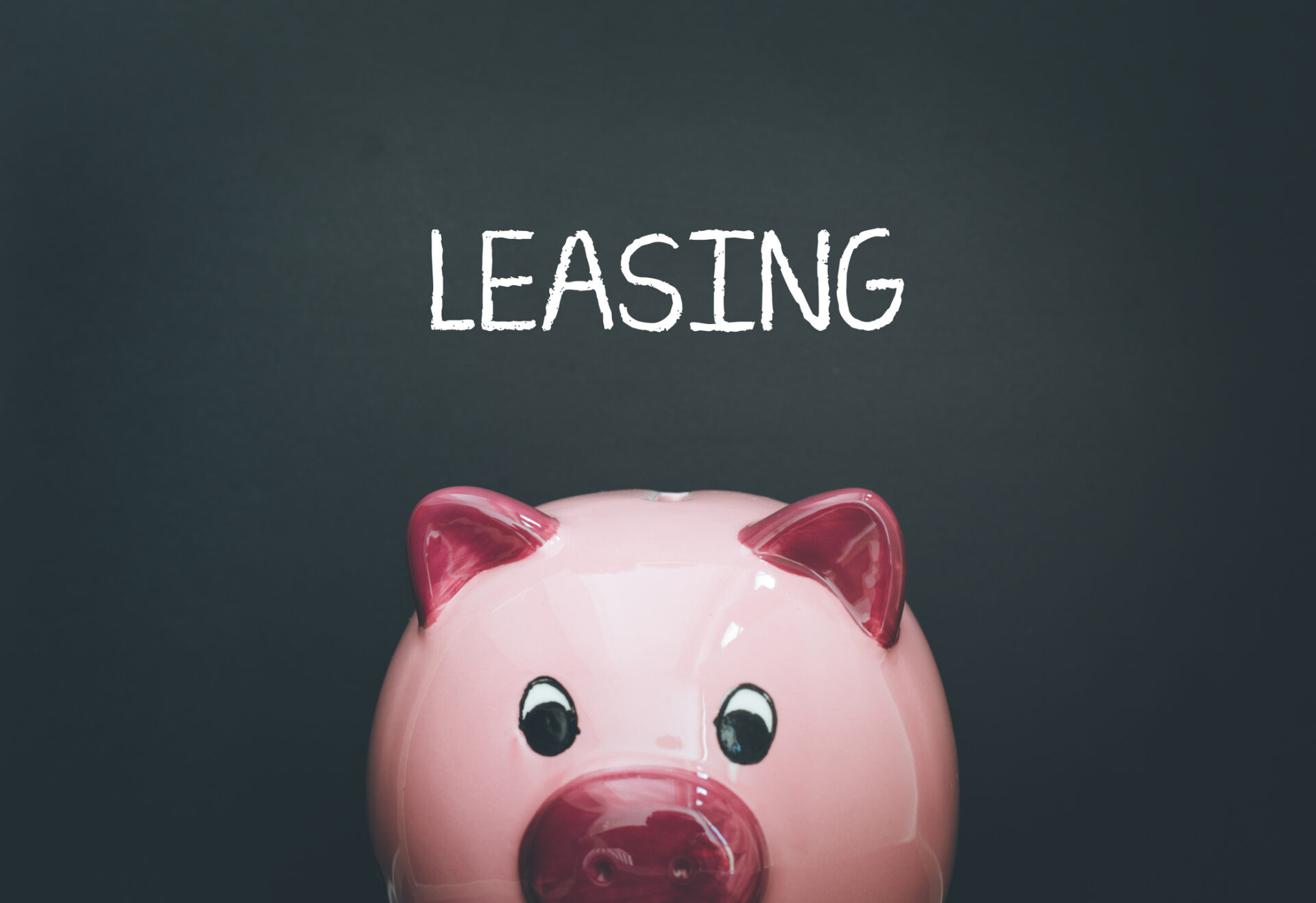Bad credit is a critical concern for many individuals in Australia who often overlook the significance of their credit score. They may be unaware of the far-reaching implications that a poor credit history can have on their financial life. In Australia, financial institutions such as banks, phone companies, and utility providers routinely share financial data amongst themselves, and this data collectively forms your credit report. Your credit report plays a pivotal role in determining your credit score, which, in turn, wields significant influence over decisions made by banks regarding loan approvals and interest rates.
However, the impact of bad credit extends beyond just loan applications and interest rates. Employers may also use your credit score as a measure of your trustworthiness, while insurers might employ it to assess the likelihood of you making timely payments. Thus, maintaining a healthy credit score is essential not only for financial stability but also for various aspects of your personal and professional life.
What Constitutes a Bad Credit Score in Australia?
A bad credit score can lead to various financial challenges, such as loan rejections, difficulties in securing rental properties, and mortgage approval denials.
Typically, individuals may not be aware of their bad credit rating until they apply for a loan, at which point it becomes apparent. To help you understand bad credit scores comprehensively, let’s delve deeper into the concept.
Defining a Bad Credit Score and Its Causes
A “bad credit” label refers to a low credit rating. Your credit rating or credit score is a summarization of your credit history, with higher scores indicating better financial health.
Each missed payment, especially repeated instances, negatively impacts your credit score. Credit reports in Australia are maintained by three bureaus: Equifax, Experian, and Illion. These bureaus record each instance of creditor contact when someone applies for credit. They also receive notifications of defaults on credit repayments, whether missed entirely or made late.
Late payments encompass failing to meet the minimum monthly credit card payment or falling behind on repayments for financed purchases, such as cars or appliances.
Additionally, filing for bankruptcy or entering into a Debt Agreement can contribute to a bad credit rating. Hence, it’s crucial to thoroughly evaluate these options before committing. Bankruptcy remains on your record for three years but continues to impact your file for seven years after the initiation.
Occasionally, credit agencies may make errors or receive misleading information, leading to inaccuracies in your credit report. If you identify any discrepancies, it’s vital to rectify them by contacting the relevant credit agencies.
Understanding the Credit Scoring System
Australia’s three major credit bureaus measure good and bad credit scores slightly differently from each other. Let’s examine the credit score ranges defined by Equifax, Experian, and Illion:
Equifax Credit Score Ranges:
- Below Average: 0 – 509
- Average: 510 – 621
- Good: 622 – 725
- Very Good: 726 – 832
- Excellent: 833 – 1200
Experian Credit Score Ranges:
- Below Average: 0 – 549
- Fair: 550 – 624
- Good: 625 – 699
- Very Good: 700 – 799
- Excellent: 800 – 1000
Illion Credit Score Ranges:
- Zero: 0
- Low: 1 – 299
- Room to Improve: 300 – 499
- Good: 500 – 699
- Great: 700 – 799
- Excellent: 800 – 1000
Accessing Your Credit Report
You can conveniently access your credit score online from each credit bureau every three months. It’s advisable to obtain your report from all three bureaus, as they may contain slightly different information. Some bureaus provide this information for free, with online access typically taking one to two days, or up to ten days if requested via mail.
The Implications of Having Bad Credit
Having a bad credit score reduces your chances of loan approval, and even when approved, lenders often impose higher interest rates due to the perceived risk of repayment default.
Broadly, bad credit results from repeatedly failing to meet loan repayments or accumulating substantial debt.
Improving Your Bad Credit Rating
While rectifying a severely low credit score can be challenging, there are steps you can take:
Review Your Credit Information: Request your credit rating from Equifax, Experian, and Illion to ensure accuracy. If discrepancies are found, submit a correction request in writing.
Pay Off Debts: Develop a plan to pay off your debts. Seek financial advice if necessary.
Seek Financial Guidance: Explore options to address your debt situation, and consider seeking free financial advice tailored to your needs.
Getting Loans with Bad Credit
It is still possible to obtain loans with bad credit, but caution is paramount:
- Borrow Only What You Can Repay: Be wary of high interest rates and borrow only what you can comfortably repay.
- Timely Payments: Ensure punctual repayments to build a positive credit history.
- Review Loan Conditions: Understand any additional conditions placed on your loans.
- Watch for High Interest Rates: Short-term loans can help, but beware of steep interest rates.
In summary, understanding bad credit scores in Australia is crucial for managing your financial health. It’s essential to monitor your credit report regularly, address inaccuracies promptly, and take proactive steps to improve your credit rating. By doing so, you can regain financial stability and access better borrowing opportunities.


